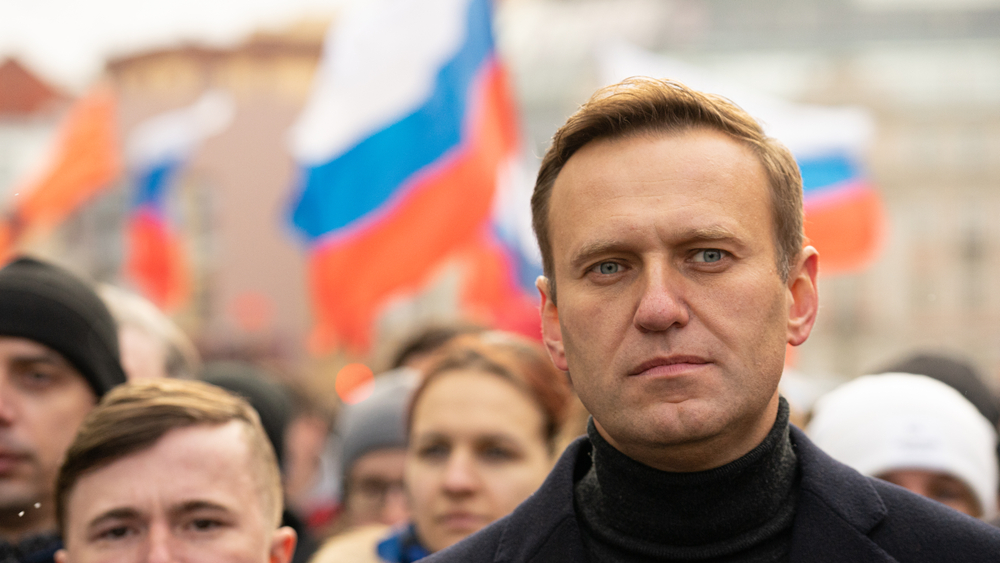Sudden Death Syndrome’ Was The Explanation of Navalny’s Death, According to His Mother.
Others are reading now
The sudden demise of Alexei Navalny, a prominent figure opposing the Russian government, has sparked controversy and deep suspicion.
According to sources close to the situation, Navalny’s mother received a perplexing explanation for her son’s death, labeled as a case of “sudden death syndrome,” a term that encompasses various unexpected cardiac arrest causes.
This information came directly from the correctional facility where Navalny had been detained according to Politico.eu.
Navalny, aged 47 and a vocal critic of President Vladimir Putin’s administration, met his untimely end in custody last Friday, as confirmed by the national correctional authority.
Also read
Despite the official account suggesting his collapse occurred post an exercise session, the rapidity and mysterious circumstances of his passing fueled international uproar, drawing critical eyes from global leaders, including U.S. President Joe Biden and Ukrainian President Volodymyr Zelenskyy, who hinted at possible foul play linked to the Kremlin.
Adding to the intrigue, the whereabouts of Navalny’s remains became a matter of speculation. Reports from his associates indicated confusion, with a mortuary close to his place of death denying possession of the body.
Authorities later clarified that the release of Navalny’s remains would be withheld pending a comprehensive inquiry, a statement that contradicted earlier communications to his legal team, which suggested the closure of the investigation without criminal findings.
Navalny’s return to Russia in 2021, following a recovery in Germany from an assassination attempt via nerve agent—believed to be orchestrated by Kremlin forces—marked his final act of defiance.
His subsequent arrest and imprisonment culminated in a saga that continues to resonate across the international community, symbolizing the peril faced by dissenting voices in the struggle for transparency and accountability.


